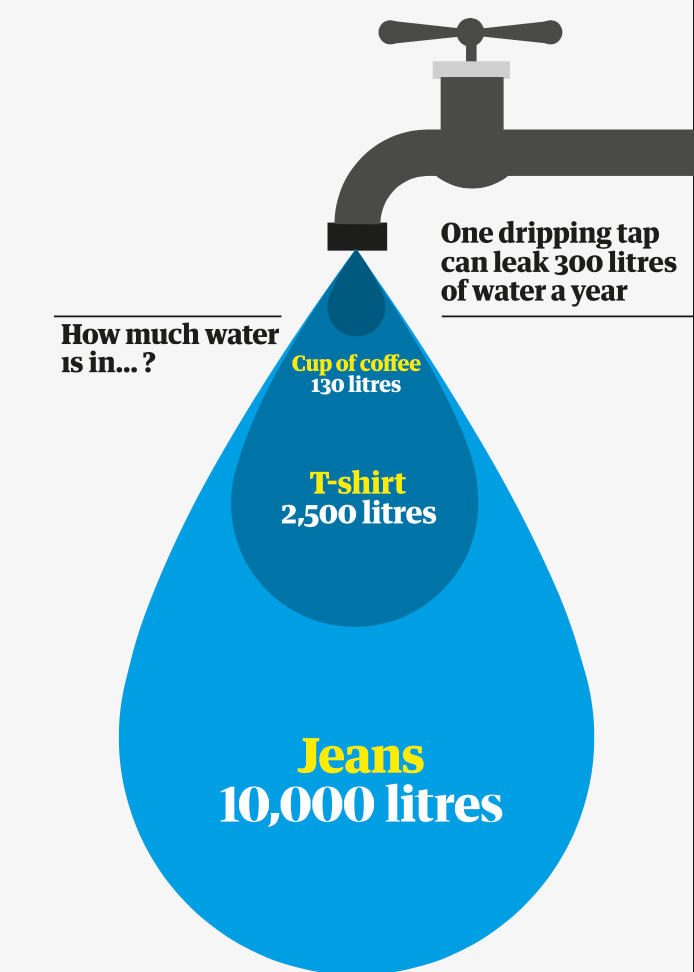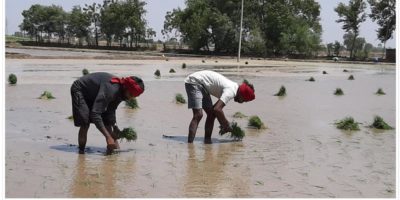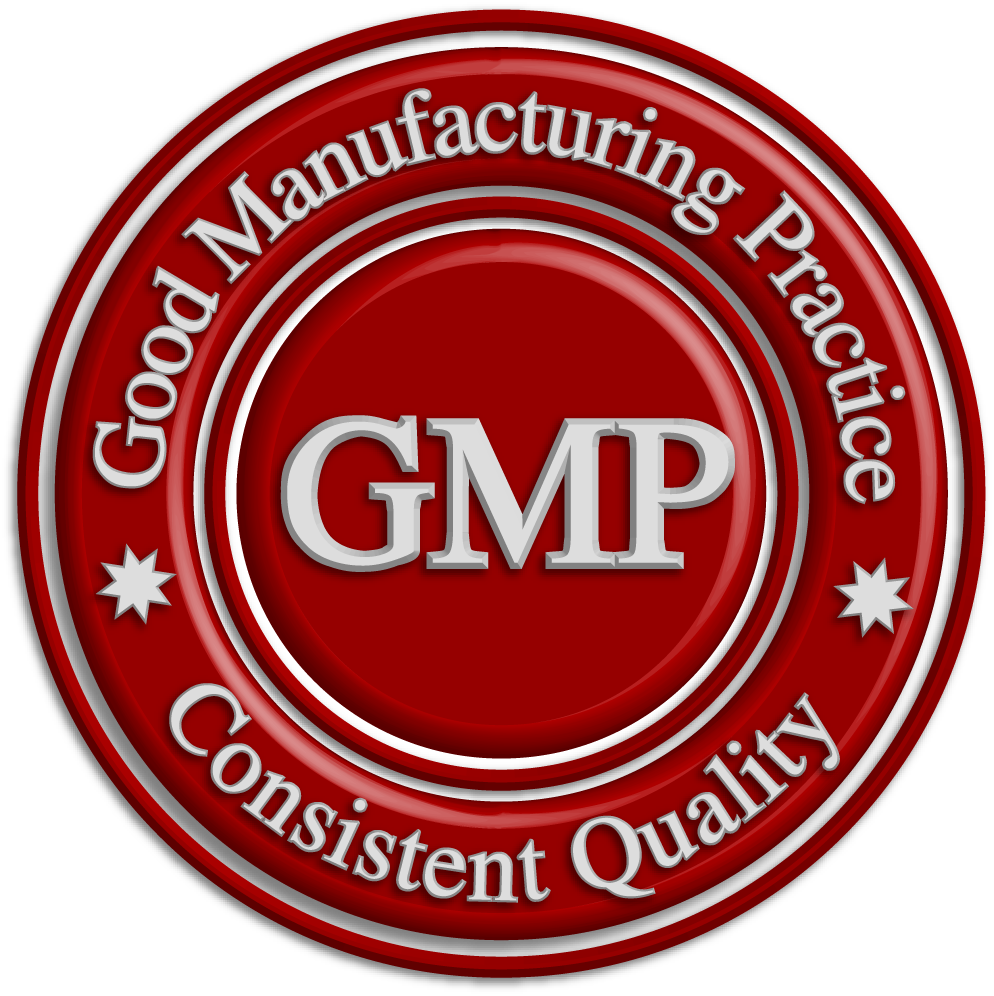
Chennai Water Chaos
We have known for a while now that natural water supplies are depleting and the profound implications this has for life on Earth and indeed the agriculture industry.
The result of depleting water supplies was magnified by the recent report of Chennai’s water shortage and the widespread difficulties its citizens are facing.
Chennai is facing its worst water crisis in 30 years and things are looking dire. The shortage of “Blue gold” is such that school children, companies, residential apartments, malls and other water-intensive outlets are being urged to limit usage.

Pipe water supply is becoming sparse and Metrowater tankers deliver every 3-4 weeks. Where will the next pot of water come from? This is the question on everyones lips. In the past there were complaints of water being short but now there are grave concerns about health and safety of having little or no water to drink let alone wash cars or the marble floors of our homes.
Drinking water supplies have shifted from being supplied from water reservoirs to water desalination plants but these are unable to cope with demands or should we say necessities of citizens.
Underground water levels have plummeted and marshlands have gone dry. For the citizens of Chennai survival will require enormous perseverance and competent planning by local and state authorities. Strategic mobilisation of water supplies from surrounding areas have been discussed. Vellore, at a distance of 143 Km from Chennai, is one such location which has been sourced to supply water by train wagons.
From its 6,000 water bodies authorities say only 3,896 have survived. Successive governments have promoted housing projects by converting water bodies into residential plots and apartments to accommodate the ever-growing population. In addition, by opening the IT corridor problems were further compounded. No thought was given to water supply and future implications. Now the sole source of water is private tankers which used to recklessly plunder farm wells located a short distance away. Although rainwater harvesting and desalination plants are being utilised it seems another case of being too little too late!
Agriculture uses 70% of freshwater across the globe and carries a huge water burden. We can probably agree that neither is this sustainable nor possible to reduce significantly due to population growth. Current estimates on population suggest more than 7.5 billion people on the planet with this set to grow in excess of 10 billion by 2050.
By now we should all have understood that water is becoming scarce and it is inevitable that things will worsen. So what do we need to do?
Well what is required is a coordinated response between policy makers and the public. Our problem is that we always think it is not our problem until its too late!
Public efforts to use water more efficiently, rationing, changes in practices such as irrigating by night and re-using “grey” water from washing machines or showers, desalination plants and water harvesting are all strategies that we can use. In addition, poorly maintained infrastructure wastes huge amounts of water and this needs regular monitoring.


We could discuss science and technological advances that may help in easing the water crisis but what is fundamental to understand is that they can only go so far. Governance and equity remain the most pertinent points in averting a “day zero”.
Strong governance is crucial as water depletion has a widespread effect on the whole local community and is a leveller in terms of affecting both the rich and poor.
Whether it be the President of the United states of America, the Prime minister of London or a local farmer struggling to feed his family, we all have one thing in common. We are all citizens of planet Earth.
“Where will we be producing our food and where will the water come from?”
This is a question asked by James Famiglietti, co-author of the NASA grace study. Some would say it is a little late to ask this question but we at KDOP believe it is a question that we need to be asking on a daily basis.
Lets work together to clamp down on water wastage, polluters and those who over-extract water from underground sources.
In closing, we would urge you to revisit the above question in your mind when you see a tap dripping… when we fail to turn the tap off whilst brushing our teeth… when we clean our cars with water hoses… when we take a bath instead of a shower… & when you are sipping on the nice and cool water on a hot summers day!
Article written by
Satinder Singh
KDOP






